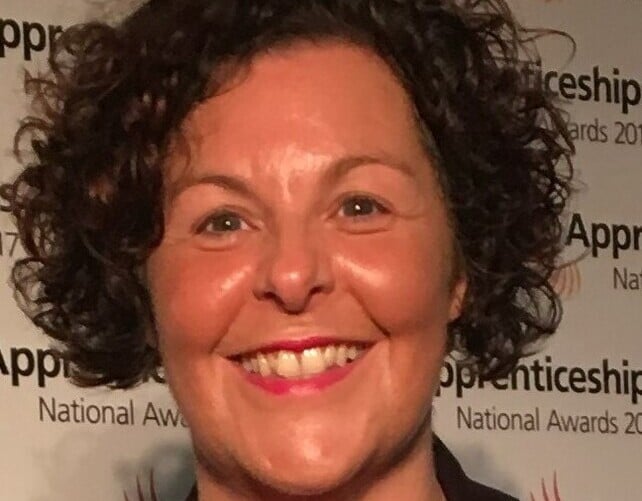
How to apply for an apprenticeship
Read our top tips to make the most of your apprenticeship application.
An apprenticeship is like a job, but with a study element included. This means the application process is like a job too. Here, we’ve put together some guidance on how and when to apply and our top tips for getting an interview.
How do I apply for an apprenticeship?
Each employer will have a different application process, so you’ll need to read the vacancy carefully and ensure you understand any deadlines and next steps.
You will usually be asked to submit a CV and answer some questions about yourself. If you get through the first stage, you’ll be invited to an interview. It’s a good idea to keep track of any applications you have on the go and their deadlines.
-
1
Research, research, research
You’ll need to know the role inside-out to help tailor your application and any interviews. Check if there’s a number you can call for an informal chat about the role – don’t be afraid to ask questions if you’re unsure about anything. -
2
It’s not just about work experience
Make a list of your experiences, hobbies and interests. All your life experiences can help show why you’d be a good fit for the role. You need to match your experience to the skills needed in the job description. For example, if you’re applying for an apprenticeship in engineering, talk about relevant projects you’ve worked on in science or maths. -
3
Show your personality
If you’re stuck, ask teachers, friends and family to list your three top qualities as a starting point. Employers want to know that you have the qualities they’re looking for and that you’ll fit in well in a team. Always back these up with real-life situations. For example, if you’ve been the captain of the school football team, this shows leadership and teamwork skills. -
4
Demonstrate your passion
Apprenticeships are competitive, so showing a positive attitude and a willingness to learn in the field will help you stand out. Employers are looking for people who align with their values and want to bring new ideas. -
5
Personalise to the company
Make sure you’ve tailored your application to the company and the apprenticeship. Even if they’re all in similar fields, you still need to make sure you can articulate why you’re interested in that role and company. Copied and pasted applications will lessen your chance of making a good impression. -
6
Double-check for mistakes
Get someone to read your application before sending it and use a spell checker. Good spelling, punctuation, and grammar show good attention to detail, and you put effort into it.


When we’re selecting for the roles, we want to know the skills you can bring to our organisation and want to see a personal statement that showcases who you are. All experience matters, from work experience to projects at school or college. We want to hear about it.

Think about the skills an employer is looking for and don’t shy away from being creative when you demonstrate them. It’s easy to underestimate your own strengths, so look at school reports and comments people have made, as well as work experience.
Find the latest apprenticeship vacancies
Ready to apply for an apprenticeship or just want to get some inspiration on what’s out there? Browse our apprenticeships and graduate job search to see the latest jobs, employers, and more.

Can I apply for uni and apprenticeships at the same time?
Yes. If you want to keep your options open, applying for uni and apprenticeships at the same time is a good idea. Apprenticeships can be competitive, so it’s a good idea to have a backup plan just in case. Or you might decide later down the line that one or the other is a better fit for you. It’s good to explore all your options before you make any decisions.
How many apprenticeships should I apply for?
There’s no limit on how many apprenticeships you can apply for. It’s good to have choices, but make sure they’re apprenticeships you genuinely want to do, and tailor your application for each company. Copying and pasting the same application will make it much less personal.
Information for disabled people taking apprenticeships
Being disabled shouldn’t limit your job or study choice, and apprenticeships can be a great route to get into your chosen career. But you may want some extra guidance on whether to share your disability on your application, or how to find the right opportunities for you.